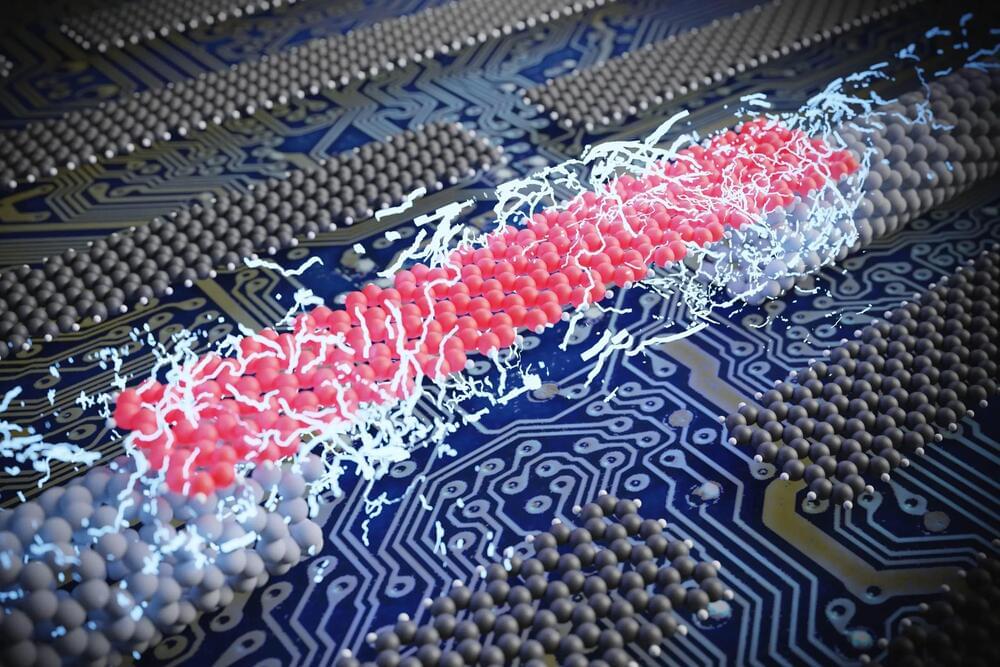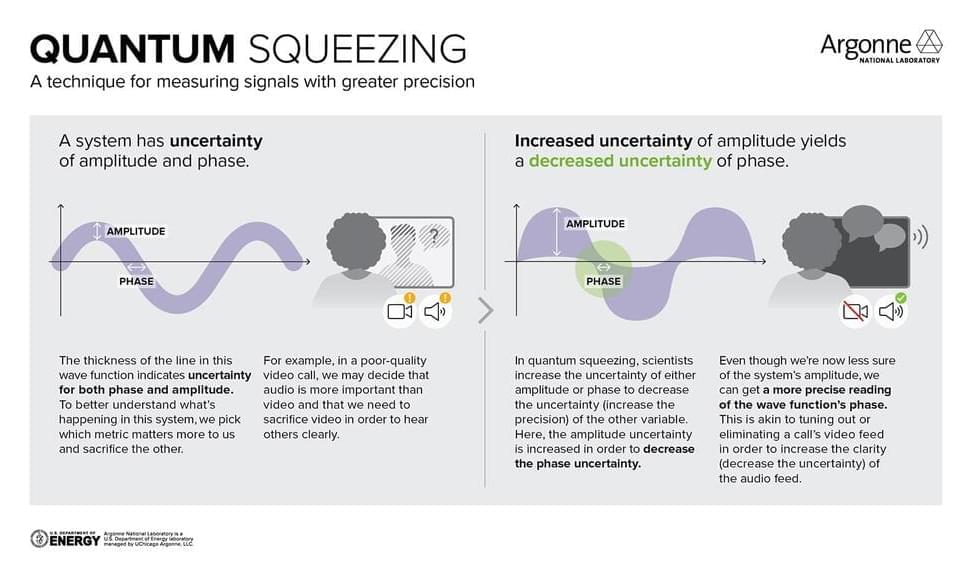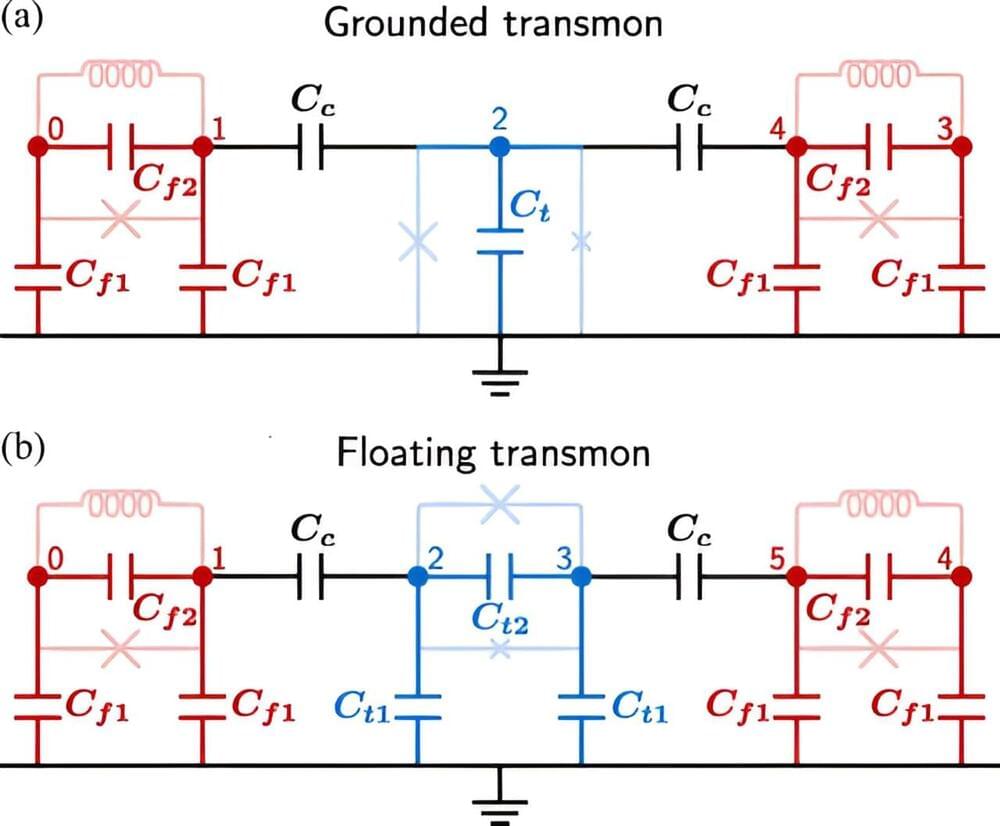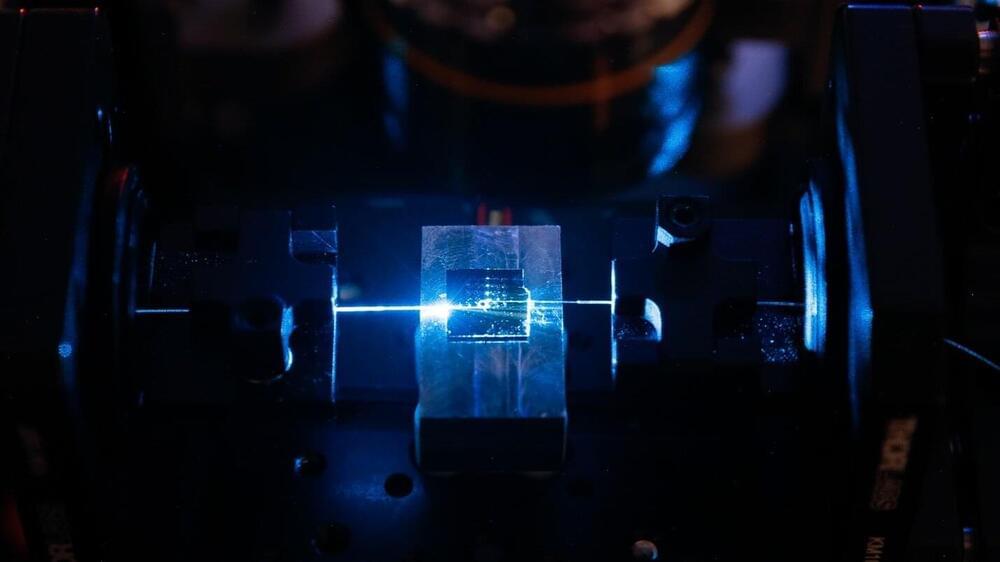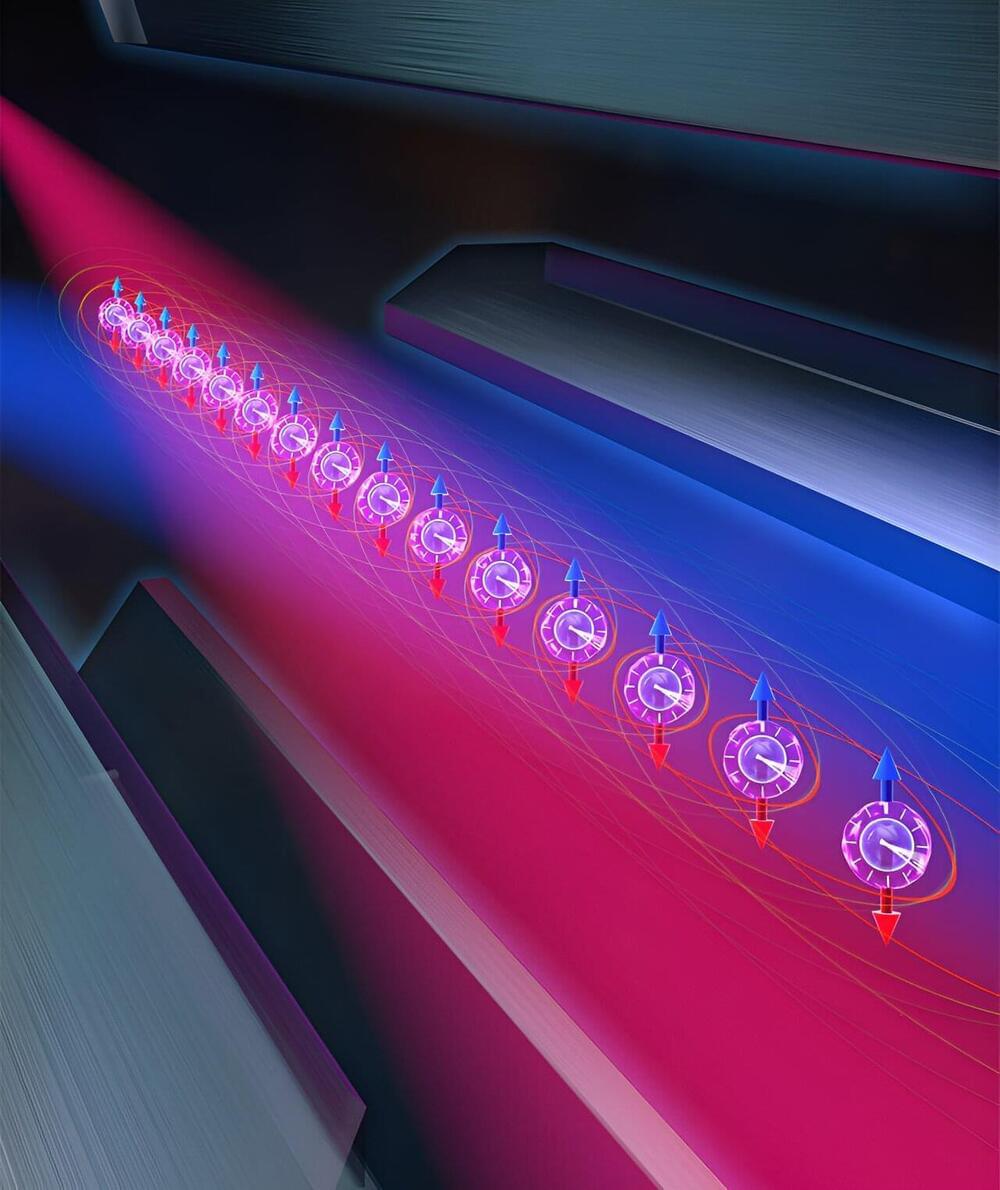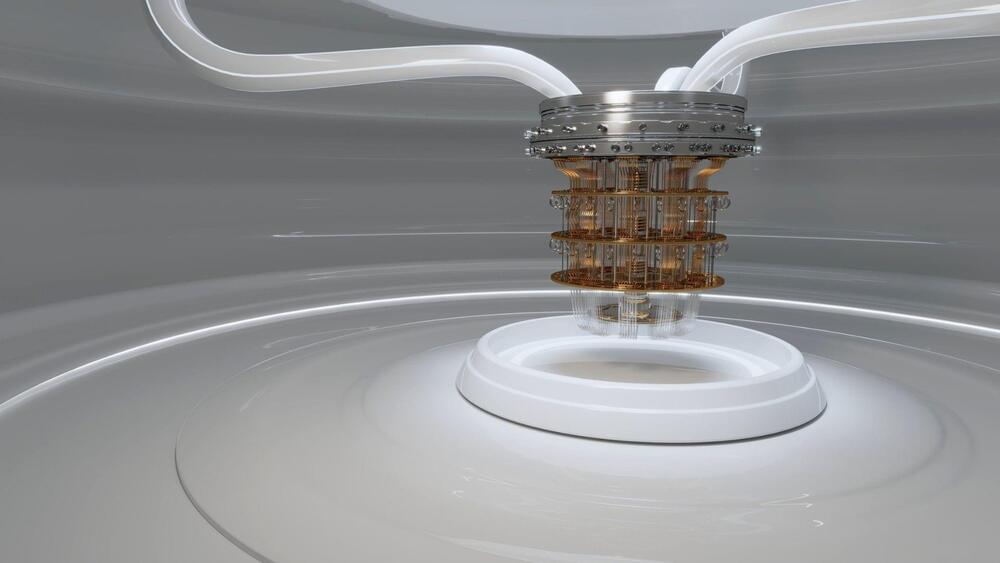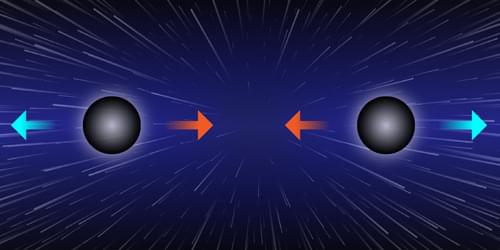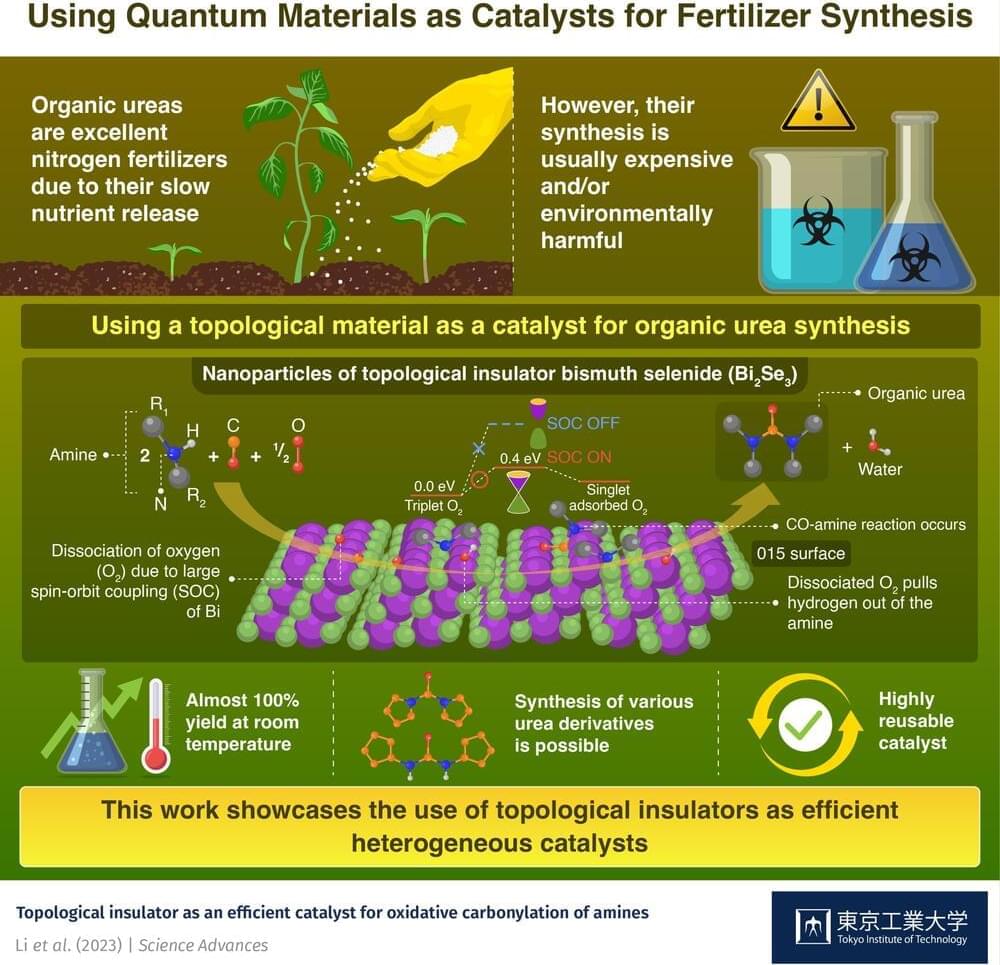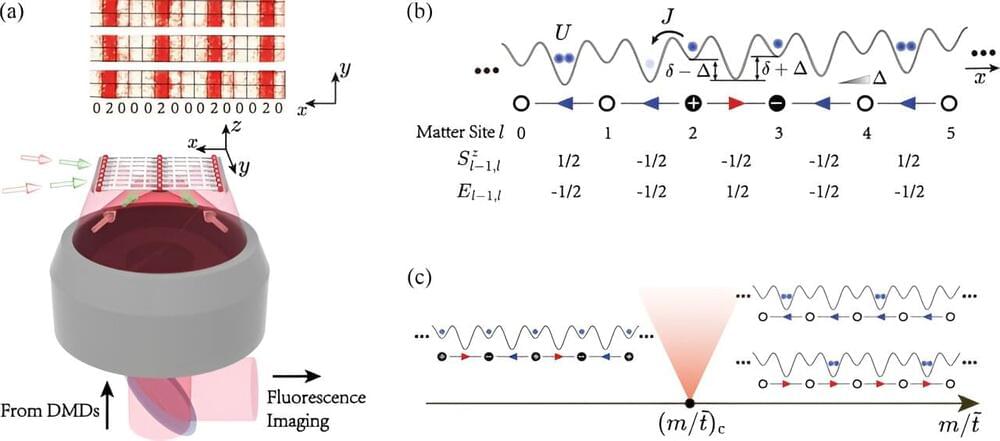Quantum technology holds immense promise, yet it is riddled with complexity. Anticipated to usher in a slew of technological advancements in the upcoming decades, it is set to offer us more compact and accurate sensors, robustly secure communication networks, and high-capacity computers. These advancements will outpace the capabilities of present computing technologies, aiding in the swift development of new drugs and materials, controlling financial markets, and enhancing weather forecasting.
To realize these benefits, we require what are termed as quantum materials, which display significant quantum physical effects. One such material is graphene.
Graphene is an allotrope of carbon in the form of a single layer of atoms in a two-dimensional hexagonal lattice in which one atom forms each vertex. It is the basic structural element of other allotropes of carbon, including graphite, charcoal, carbon nanotubes, and fullerenes. In proportion to its thickness, it is about 100 times stronger than the strongest steel.
